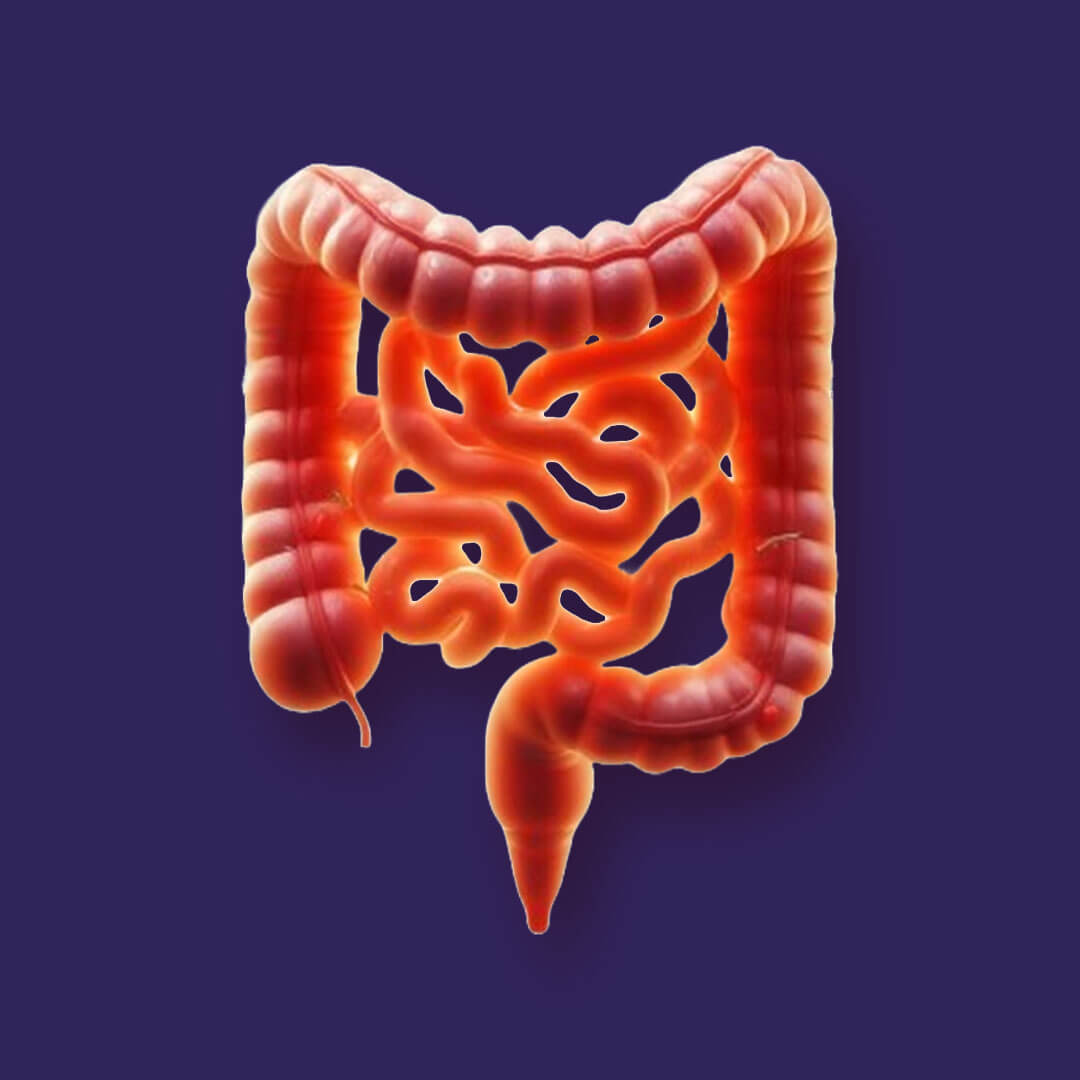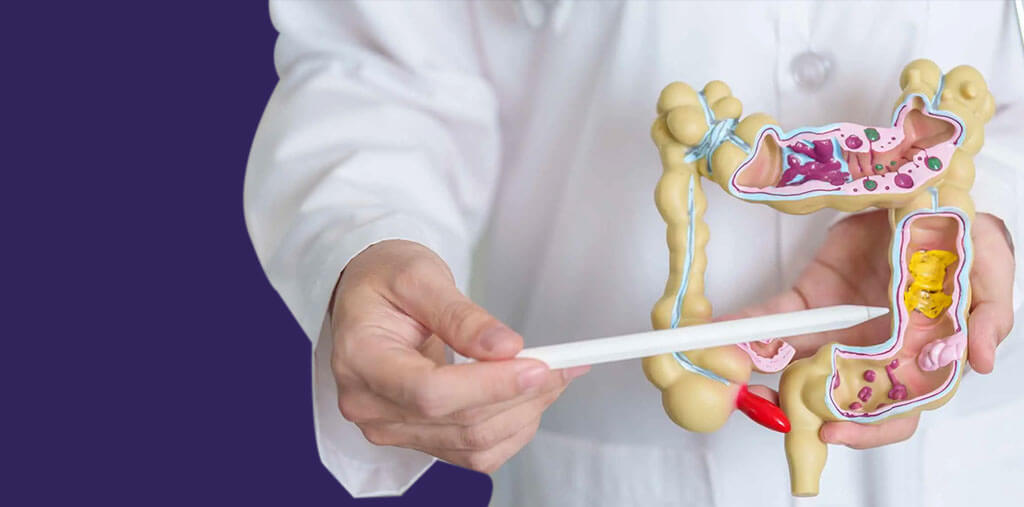Permanent Treatment for Irritable Bowel Syndrome (IBS)
Permanent Treatment for Irritable Bowel Syndrome (IBS)

Permanent Treatment for Irritable Bowel Syndrome (IBS)
Irritable Bowel Syndrome (IBS) is one of the most common gastrointestinal disorders. It is a chronic condition that causes functional disturbances in bowel movements without any clear organic cause. Although many people seek a permanent cure for IBS, effectively managing the condition requires a deep understanding of the disease and practical strategies to control symptoms and improve quality of life.

Symptoms of IBS
IBS symptoms vary from person to person but often include:
- Abdominal cramps or pain, especially after eating
- Bloating and a feeling of fullness
- Excessive gas
- Changes in bowel habits, such as diarrhea, constipation, or alternating between the two
- A sensation of incomplete bowel evacuation
- Mucus in the stool at times
These symptoms may worsen due to psychological stress, certain foods, or even hormonal changes in women.
Is There a Permanent Cure for IBS?
While many patients hope for a permanent cure, medical evidence confirms that IBS is a chronic condition that cannot be completely cured. However, it can be managed effectively. With the right treatment and dietary plan, patients can lead a normal life free from disturbing symptoms.
IBS Treatment Methods
Treatment focuses on reducing symptoms and improving lifestyle, and it includes:
- Dietary modifications
- Medications
- Psychological therapy
- Regular physical exercise
Medications for IBS
Several medications are available to help control IBS symptoms depending on their nature:
- Antispasmodics:
such as Mebeverine, to reduce abdominal cramps
- Laxatives:
for chronic constipation
- Anti-diarrheal medications:
such as Loperamide
- Low-dose antidepressants:
such as Amitriptyline, to improve mood and relieve pain
- Fiber supplements:
to improve bowel movement
These medications should be taken under medical supervision. A colonoscopy is recommended if alarming symptoms appear, such as sudden weight loss or bleeding.
Home Remedies and Lifestyle Tips for IBS
Certain lifestyle changes can help alleviate IBS symptoms:
- Divide meals into small, frequent portions
- Avoid fatty and fried foods, and dairy products if they cause discomfort
- Drink plenty of water, especially if constipated
- Engage in regular exercise such as walking or yoga
- Reduce psychological stress through meditation or relaxation sessions
- Avoid caffeine, alcohol, and carbonated drinks
Best Diet for IBS
Diet plays a key role in managing IBS. Doctors often recommend a Low FODMAP diet, which limits fermentable sugars that cause gas and bloating.
Allowed foods include:
- Rice and oats
- Certain fruits like bananas and strawberries
- Proteins such as chicken and fish
- Vegetables like carrots and zucchini
Foods to avoid:
- Legumes like beans and lentils
- Dairy products containing lactose
- Onions and garlic
- Artificial sweeteners
Psychological Treatment for IBS
Psychological factors significantly influence the onset and severity of IBS symptoms. Therefore:
Some natural drinks help calm irritable bowel syndrome, the most important of which are:
- Cognitive Behavioral Therapy (CBT) may be recommended
- Relaxation techniques, meditation, and breathing exercises are very helpful
- In some cases, antidepressants may be prescribed to enhance mental well-being and reduce pain perception
Is IBS Dangerous?
Although IBS symptoms can be unpleasant and affect lifestyle, IBS itself is not dangerous and does not lead to serious diseases like cancer or ulcers. However, it is always advisable to consult a doctor if unusual or persistent symptoms appear.
Best Drinks to Soothe IBS
Some natural drinks help calm the irritable bowel, including:
- Peppermint tea:
has antispasmodic properties
- Ginger tea:
reduces gas and soothes the stomach
- Chamomile tea:
reduces stress and relaxes the digestive system
- Anise water:
